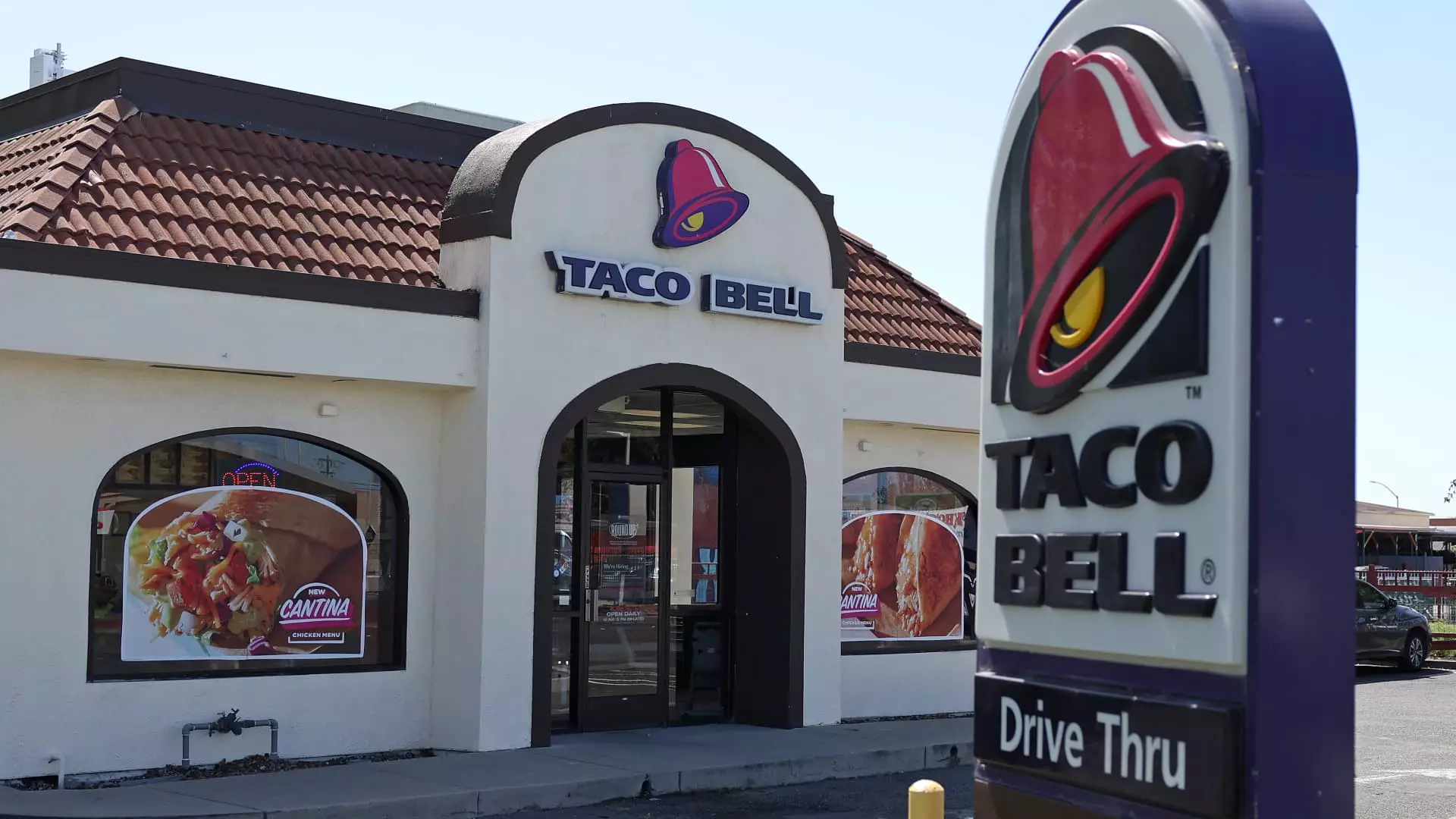The ongoing E. coli outbreak linked to fast food chains has triggered a wave of food safety measures among some of the largest players in the industry. Recent developments surrounding the outbreak have forced chains such as Taco Bell, Pizza Hut, KFC, and Burger King to take proactive steps to uphold consumer trust and ensure the safety of their food products. The situation highlights the interconnectedness of the food supply chain and the importance of rapid response to potential public health threats.
Following the alarming reports tied to McDonald’s, Yum Brands, the parent company of Taco Bell and KFC, took immediate action by removing fresh onions from select locations. The decision, described as a precautionary move, underscores the chain’s commitment to food safety despite the absence of confirmed health issues at their establishments. “As we continue to monitor the recently reported E. coli outbreak… we have proactively removed fresh onions,” said a Yum Brands spokesperson. However, details surrounding the extent of the removal remained vague, raising questions regarding transparency in their safety protocols.
On the other hand, Burger King opted for a more targeted approach. After carefully reviewing its supply chain, the fast-food chain identified that onions sourced from the same Colorado facility implicated in the outbreak were present in about 5% of its U.S. locations. This decisive action, which involved instructing those restaurants to destroy the potentially contaminated products immediately, demonstrates a readiness to act swiftly in the face of epidemiological threats. “Despite no contact from health authorities and no indications of illness,” a Burger King spokesperson indicated, the company prioritized customer safety, reiterating their commitment to quality by ensuring their onions are fresh and prepared in-house.
As health authorities delve into the source of the outbreak, a concerning backdrop of infections and one reported death loom over the situation. According to the Centers for Disease Control and Prevention (CDC), there have been 49 confirmed E. coli cases across ten states, fueling a heightened level of scrutiny on the implicated food items. Interviews with victims revealed that 14 of the 18 individuals cited their consumption of McDonald’s Quarter Pounder, further narrowing down the investigation’s focus on the fresh beef patties and slivered onions utilized in these burgers.
Notably, the investigation has shifted towards understanding how a single facility could pose such a widespread risk. The sourcing strategies revealed a split in supply chains, where onions were acquired from a single location while beef patties came from multiple suppliers. This raises critical questions about the efficacy of quality control measures at individual production facilities and the overarching safety regulations governing the fast-food supply chain.
The repercussions of this outbreak extend beyond immediate food safety concerns, prompting widespread discourse on the necessity for stronger regulatory frameworks and transparency from food suppliers. As more information comes to light, consumer trust in prominent fast food brands is potentially at stake. Companies like McDonald’s, known for their scale and market dominance, may face a reckoning if found insufficiently vigilant in monitoring their supply chains.
Moreover, the interdependency observed between suppliers—like Taylor Farms, which provides onions not only to McDonald’s but also to a range of other restaurants—complicates accountability. The risks associated with centralized facilities pose a systemic challenge that could warrant an industry-wide reevaluation. As foodborne illnesses remain a significant public health threat, consumers and health authorities alike call for brands to not only address crises effectively but also engender lasting improvements in sourcing and quality assurance.
The recent E. coli outbreak brings to fore the fragility of food safety protocols within the fast-food industry and highlights the need for companies to remain vigilant. While proactive responses from brands like Taco Bell and Burger King may temporarily mitigate risk, the ultimate resolution of this crisis lies in comprehensive reform within the entire food supply chain, prioritizing the health and safety of consumers above all else.

